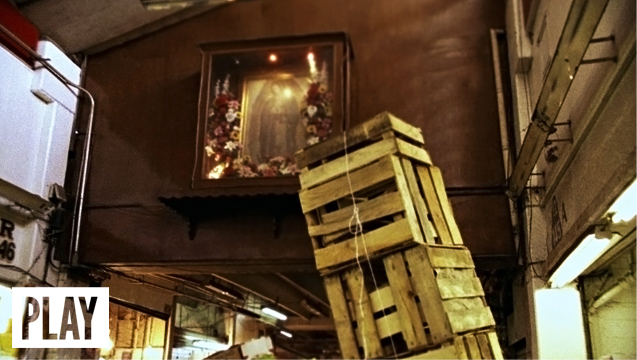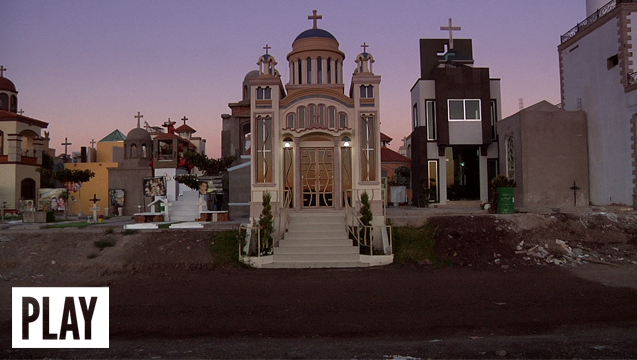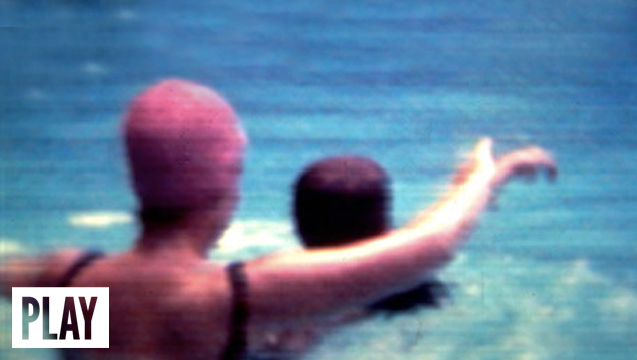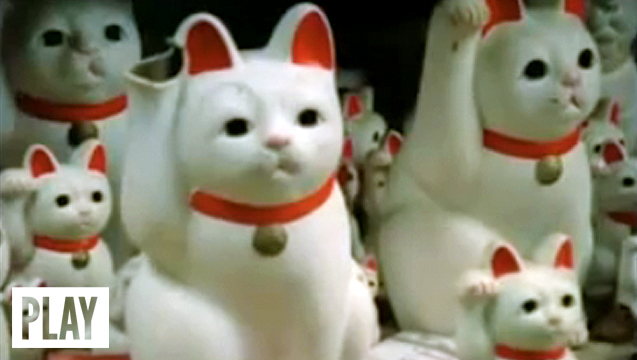LP
A very well regarded documentarian and author of "The Battle of Chile" Patricio Guzman once commented that we Latin Americans are now creating a "family album" of our lives/cultures through our documentaries. Would you agree with this comment? Or is there also another movement that has inspired your approach.
I do think we are creating a 'family album' of sorts but I'm not sure if this is unique to Latin America. Perhaps it has come to us later than to other countries and perhaps what has changed is that we are making our own portraits of ourselves more and more. The third world or developing world is used to being the subject matter of the developed world's gaze and fascination. We are used to being 'looked at' in this way and described in foreign languages. As more films are made by Latin Americans, we begin to take back the right to look at ourselves and in this regard, yes, we are creating a family album.
I think that there is however a danger or a trap that we must be wary of: the expectation that the films we make are definitive - definitive of who we are and of our country and culture. I went to a fantastic lecture by Gayatri Spivak in April 2009.
In my notes there is a line that says, 'the greatest gift is doubt,' and then (underlined many times), "the right to doubt" followed by "not everything about you is evidence." I was very moved by Spivak's idea that ambiguity, doubt, uncertainty, mystery - these ideas which exist in a grey zone - are in fact privileges which we are often denied. And yet to me, it is precisely this grey area that matters.



